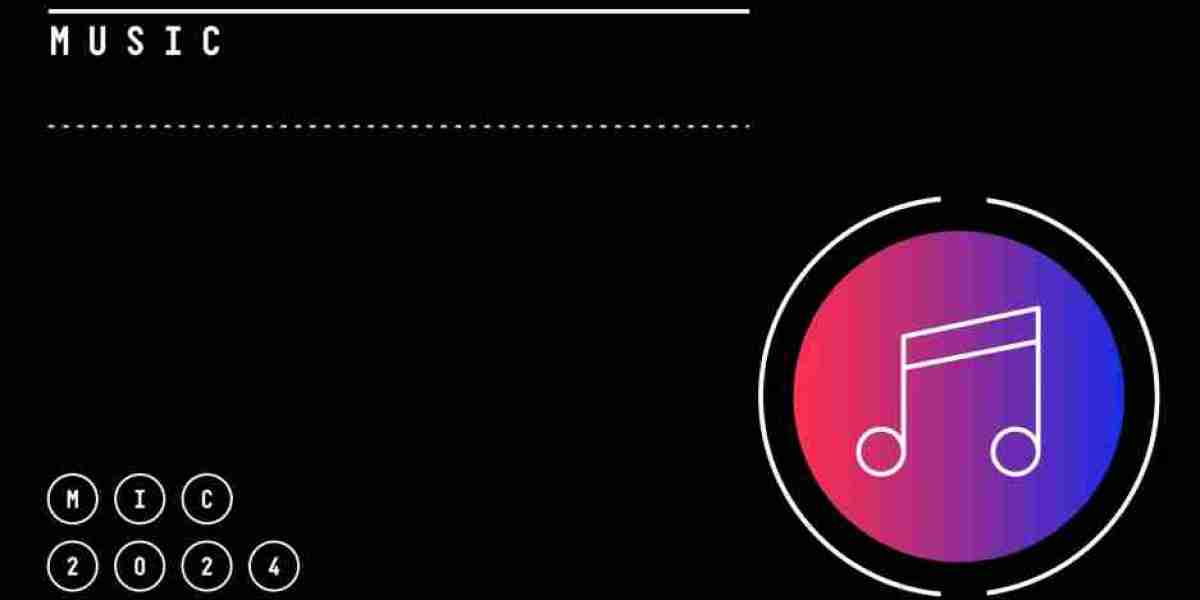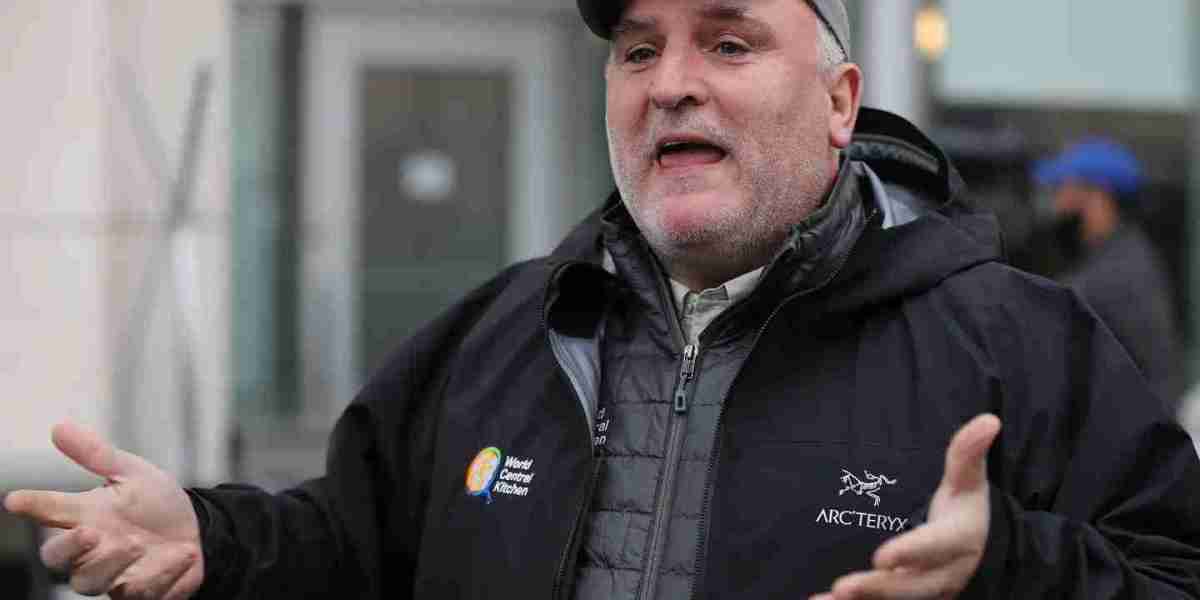It was a big year for music—from big-selling soundtracks to new approaches to paying artists, the most innovative companies in the music industry have tackled almost every aspect of the music world.
First there’s the music itself. Atlantic Records, the label behind the soundtrack to the blockbuster Barbie, took a next-level approach to enlisting A-list producers and embedding them with the film’s director to find moments ripe for musical improvement—which resulted in multiple charting hits.
Focused on helping artists find their audience, TuneCore unveiled automated tools that help artists get their music in front of more listeners. And Feed.fm helped its clients—from workout apps to physiotherapy providers—use its library of precleared music and its recommendation technology to improve the experience of its users.
The music industry has also been increasingly dealing with the question of AI’s role in its creation. It’s something that Universal Music Group (UMG) has been addressing—helping spearhead an organization meant to underscore human artistry and embrace ethical AI use, and exploring where musicians might be able to responsibly leverage AI tools. CreateSafe has been especially focused on finding a responsible way for generative AI vocals to be used in a way that protects artists—its Elf.Tech collaboration with Grimes lets artists use a synthetic Grimes voice in exchange for half the royalties.
When it comes to royalties, the past year has been the first time since the inception of music streaming that major platforms have begun to rethink how they allocate money to artists. This is true of multiple honorees this year, including Deezer, which worked with UMG to devise and implement a system for doubling royalties for songs above a certain listening threshold. Another streamer, SoundCloud, brought its fan-powered royalties model to more of its 40 million artists, opening a way for them to get paid based on how much a user listens to their music.
This year’s list also celebrates companies whose main business may not be music, but whose work in the past year has strengthened the industry overall. German audio company Holoplot developed the speaker drivers that power the immersive audio in Las Vegas’s Sphere, its technology powered Spain’s three-month Starlite Occident festival. Revived music magazine Creem—which competed with Rolling Stone during its initial run between 1969 and 1989—has plotted a unique approach for a music magazine in 2024, trading daily online content for a stacked quarterly magazine that’s available alongside its storied archives.
Then there’s the Recording Academy, which has been working to make the Grammy awards more in-line with the diversity of music being released by adding multiple categories—a tactic that has helped bring more viewers to the annual awards show, growing its audience substantially for the past two broadcasts.



